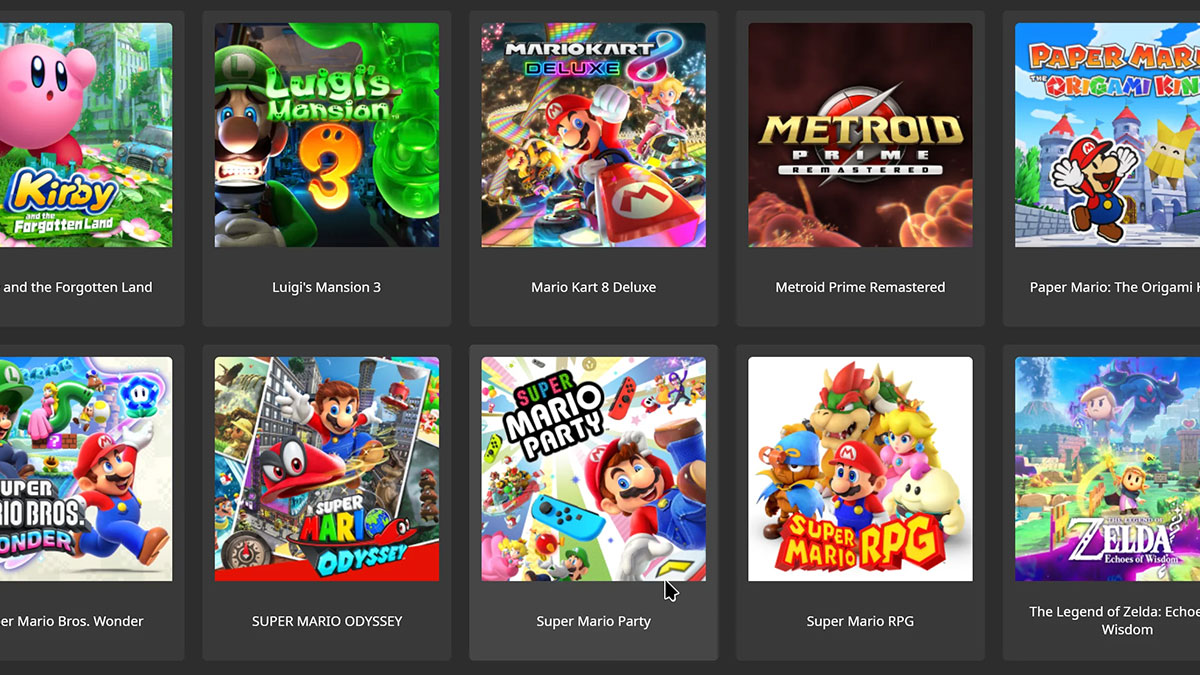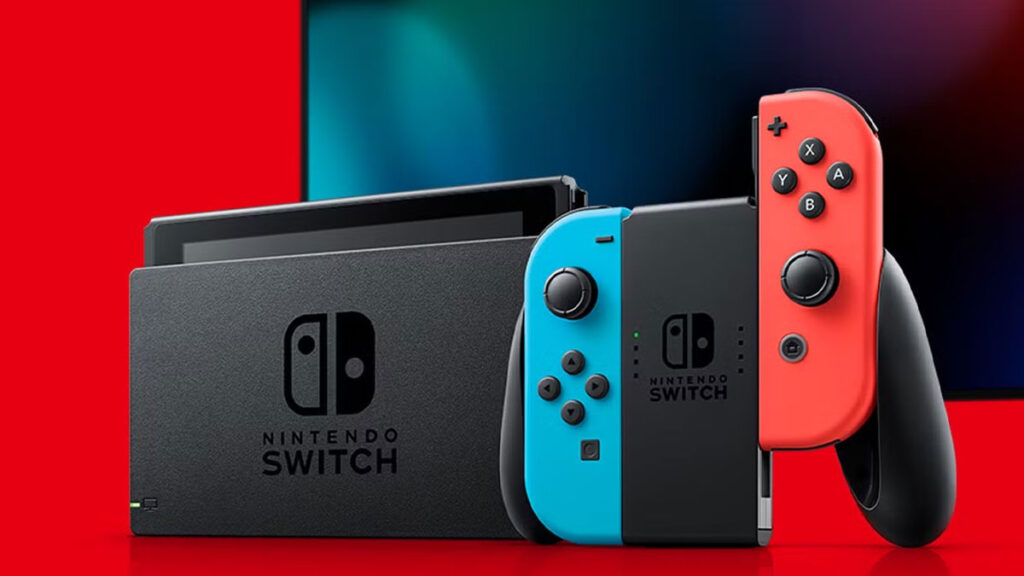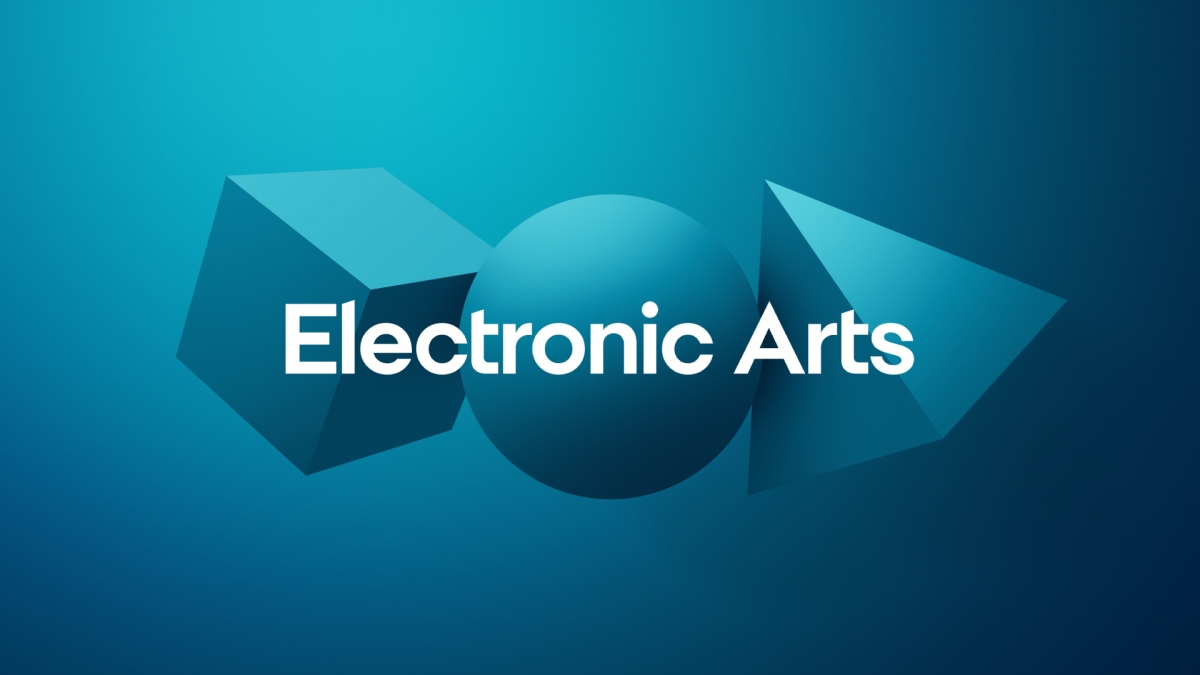From piracy to patent trolls, the gaming industry has often grappled with issues about content infringement. At Tokyo eSports Festa 2025 via Japanese media Famitsu, a panel by the Association of Computer Software Copyright (ACCS) spotlighted the importance of content protection. Representatives from various Japanese game developers including Nintendo, Konami, and SEGA, were invited to the panel. Each shared their own company’s approach to combat content abuse and how to nurture intellectual properties they’ve created. The main attraction though, is Nintendo of Japan’s public stance on emulators.
“In the first place, aren’t emulators legal? Is it illegal? This is a point that is often debated,” said Koji Nishiura, patent attorney and director of Nintendo’s IP department. “In this regard, we understand that although an emulator alone is not immediately illegal, there are cases where it could be illegal depending on its use.”
According to the Nintendo representative, if emulators can replicate a console’s program or bypass security measures, they may violate the Japan Unfair Competition Prevention Act. The regional law bans the sale of devices specifically designed to bypass a product’s securities. In 2012, a Japanese man was sentenced to 10 years in prison and 10 million yen fines for selling flashcarts which allow NDS piracy.

“[…] There were several [Nintendo Switch] emulators in circulation that had an illegal function to disable the second technical restriction measure,” he noted. “We have taken countermeasures such as filing lawsuits and sending out warnings overseas, including to the United States.”
Nishiura also highlighted cases where emulators enabled piracy by linking to illegal sites. This, explicitly, will brand the emulator distributors or even makers as violators of the Copyright Act.
From Nintendo of America’s side, its support page already outlines its firm stance against emulation. The company stated emulators often enable piracy and prohibit downloading ROMs even if players own a physical copy as it violates the U.S. Copyright Act.
Meanwhile, aside from Nintendo and emulators, Konami and SEGA discussed how licensing patents can help recoup skyrocketing development costs in Japan.

“In this situation, licensing out not only the game itself, but also ‘innovative technology’ and ‘interesting game mechanics’ that are born during development is a necessary option,” said Shunsuke Murase, Konami’s director of legal and IP.
“People often say that having patents makes it difficult for young creators and new companies to enter the market,” Kikuo Masumoto, general manager of corporate development from SEGA added, “But this is completely wrong.”
Masumoto believes that any interested third party should reach out to patent owners and make proper deals. “If you talk to us about it, we will license it out at an appropriate price.”
“We have invested a lot of money in the development of the technology,” he continued. “We hope to create an environment where we can use it in a manner that satisfies both parties.”
The event concluded with ACCS executive director Yutaka Kubota emphasizing the broader significance of IP protection and the need for continued awareness education. “Protecting intellectual property is not just good for the gaming industry, but ultimately for Japan’s national interests,” he said.









